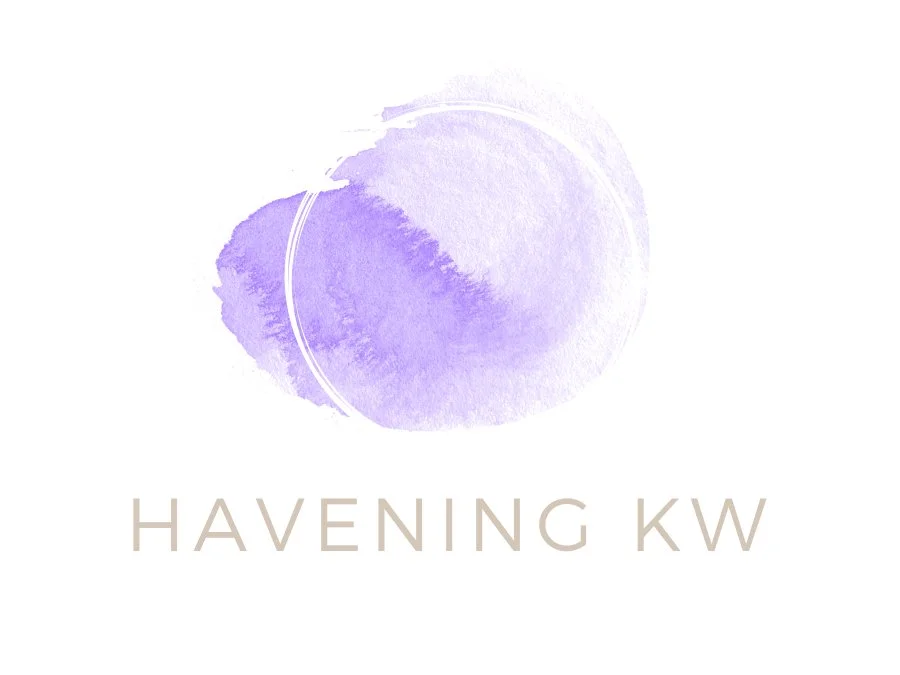Attachment and Relational Trauma Counselling with Mandy Brouse
Relationships can be hard, but they become a struggle when our primary caregivers have not ensured the responsive care needed to build healthy adult relationships. When we do not receive the care we require, it can lead to attachment trauma and even adverse childhood experience trauma (ACE) later on in life. It can feel like we are beginning from behind the starting line regarding family, romantic, work and platonic relationships.
From my training in Sexuality, Marriage and Family Studies (BAHons), I approach all relationship challenges from a systems perspective, holding space for all the diverse and intersecting identities that make us complex human beings. I look at how your role within your family or social group informs your identity, how the various cultures you are part of influence your values, and how conflicts and challenges can occur as you move through the world in relation to others. Concerning sexuality and gender identities, these can also be sources of confusion, transition, and challenge for you, even as they can be sources of joy. Our most intimate relationships with others can be the very site which triggers our early attachment or relational trauma, which can be an invitation to grow. How we engage with healthy conflict and communication can impact all of our relationships constructively, and deepening our inner healing can strengthen relationships with others. The more we acknowledge and heal the challenging relational parts of ourselves, the more we can be present with others in a whole, secure way. As a result, as our relationships heal, our worldviews can become more secure and trusting when it comes to others.
Together, we can work to unpack relational challenges related to attachment trauma and attachment styles, adverse childhood experiences (ACE) and related somatic challenges, family of origin, extended family and chosen family issues, romantic/aromantic and sexual/asexual relationship challenges, sexual and gender identity challenges, and other relational issues related to friends, peers, work, religious and spiritual communities, and more. How we relate to others has largely been learned through our lives. This means we can unlearn what no longer works for us and relearn adaptive ways of relating to others, which are healthy, secure, trusting and affirming.

